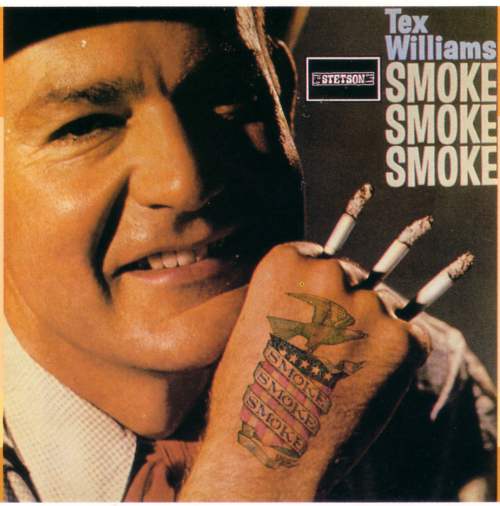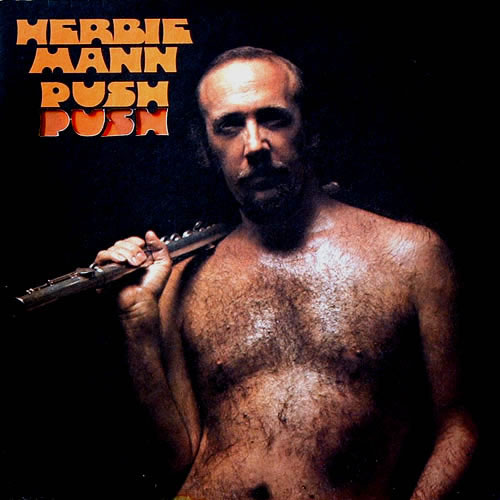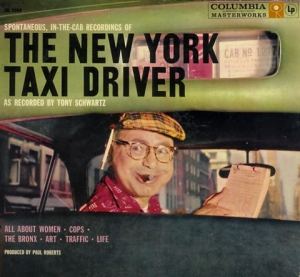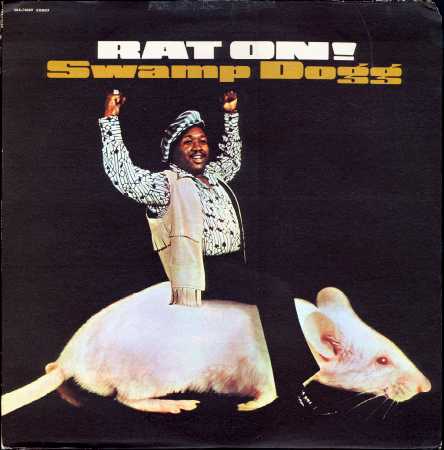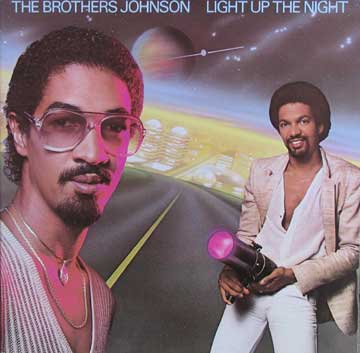 |
The funk/disco/R&B duo The Brothers Johnson’s 1980 recording, “Light Up The Night”, was the high water mark in their career as a duo. Rolling Stone listed this record as #48 in the top 100 records of the 1980s.Looks like George is using his Johnson to light up Louis. Probably didn’t help sales, which went to #5 on Billboard’s Top 200 despite the album cover.
The record did not release any pop hits, but likely had at least one dance club hit, “Stomp!”. The Brothers Johnson were probably best known for their mid-70s pop hit “Strawberry Letter 23” (peaked on BB as a single at #5 in 1977). |
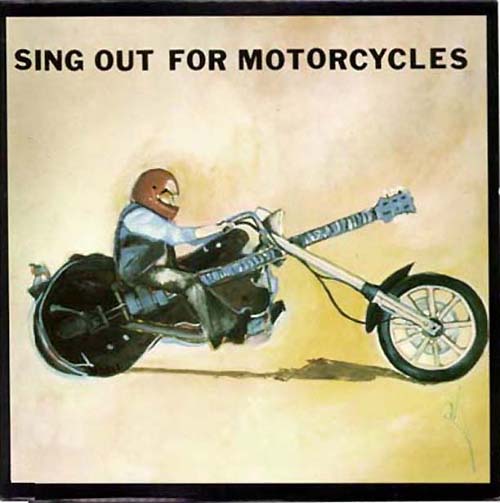 |
Now we have a guitar as a phallic symbol. But they always kind of were. The drummer never gets the girl. It’s always the guitarist. Lead guitarist? Even better. They are the alpha males in the group (if you want to carry the analogy to apes).Chicks also dig motorcyles. And motorcycles and guitars together? SCORE!!!! Evidently, Ray Nelson’s invention of a guitar-shaped motorcycle never quite caught on, except as novelty. Nelson rode around the country in one which he built himself in 1980.
He also recorded this record 10 years earlier with a few colleagues of his. The idea stuck in his mind to build a motorcycle that had a guitar motif, from the drawing on this album cover. If the drawing was followed exactly (it probably wasn’t), they would probably find that the fretboard was blocking the headlight. Nelson has made several selefless contributions to society, through his “Guitars not Guns” campaign aimed at wayward youth, and also by being a foster parent. |
Views: 168

